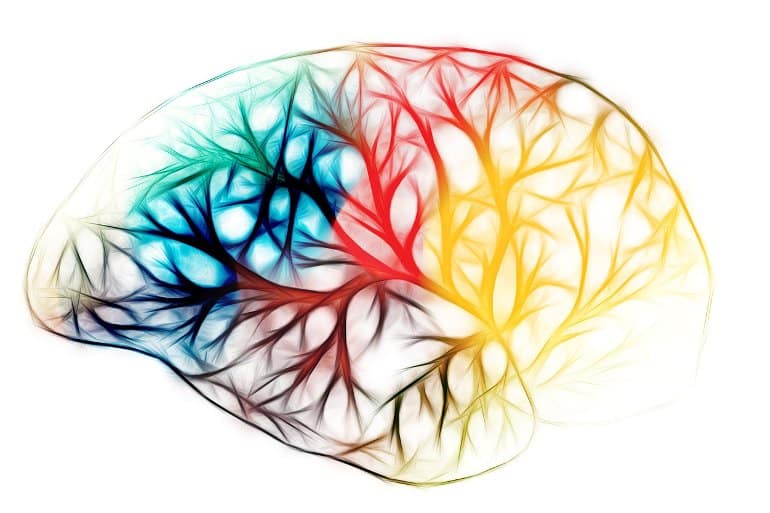
Recently many studies are exploring interesting connections between the brain and gut. It’s been said that the amount of serotonin, which plays a critical role in affective disorders, is much bigger in the gut than the brain. Researchers are using zebrafish and mice to determine specific pathways between the two. It’d be interesting to learn how our guts “think and feel” together with our brain, to make sense out of the world.
We, Eastern Asian folks, sound like we had some peculiar understanding of “the gut as the most vital, thinking organ” in history. In the “harakiri” ritual Japanese didn’t give a damn to the brain but aimed the person’s gut first and foremost. That was believed to be the central system of the whole body so we had to cut its connection first. Sure we chopped off the head, too, but it was more or less additional act, to make the body be more “dead as a stone.” To make somebody cut his own connection to his whole existence is such a humiliation.
In the meditation tradition, which originated way back in ancient India, we focus on our guts again, while trying to forget our brain, which stupidly gets confused by too much information in and out, ending up with illusions and sufferings in the world. Letting go of your thoughts and reactions to the thoughts and feelings is the key. In Chinese martial arts traditions, too, especially in the Northern Style, you find the qi focus, which is believed to come from the gut, not the brain. And it’s your gut, they believe, that lets you “feel not think” to beat your opponents.
We don’t “trust” in the brain. It’s an organ of confusion and deception, although it’s useful to make sense out of this mundane world. We just felt it. Why? Not sure. It could be just a “gut feeling.”
(source: https://neurosciencenews.com/microbiome-social-development-21767/)